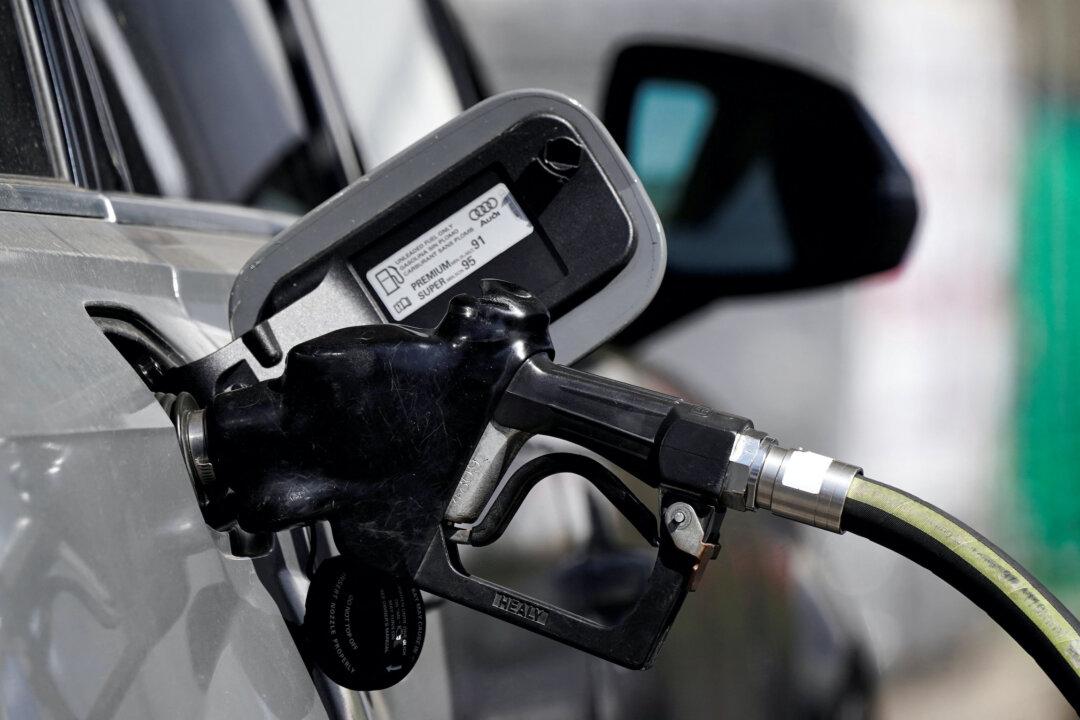A total of 19 states have filed a federal lawsuit against five other states, challenging their attempts to impose liability on energy companies for climate change impacts through state tort law.
The plaintiffs argue in the May 22 filing that state-led lawsuits attempting to regulate national energy policy constitute overreach and infringe upon the constitutional principles of federalism and interstate commerce.





